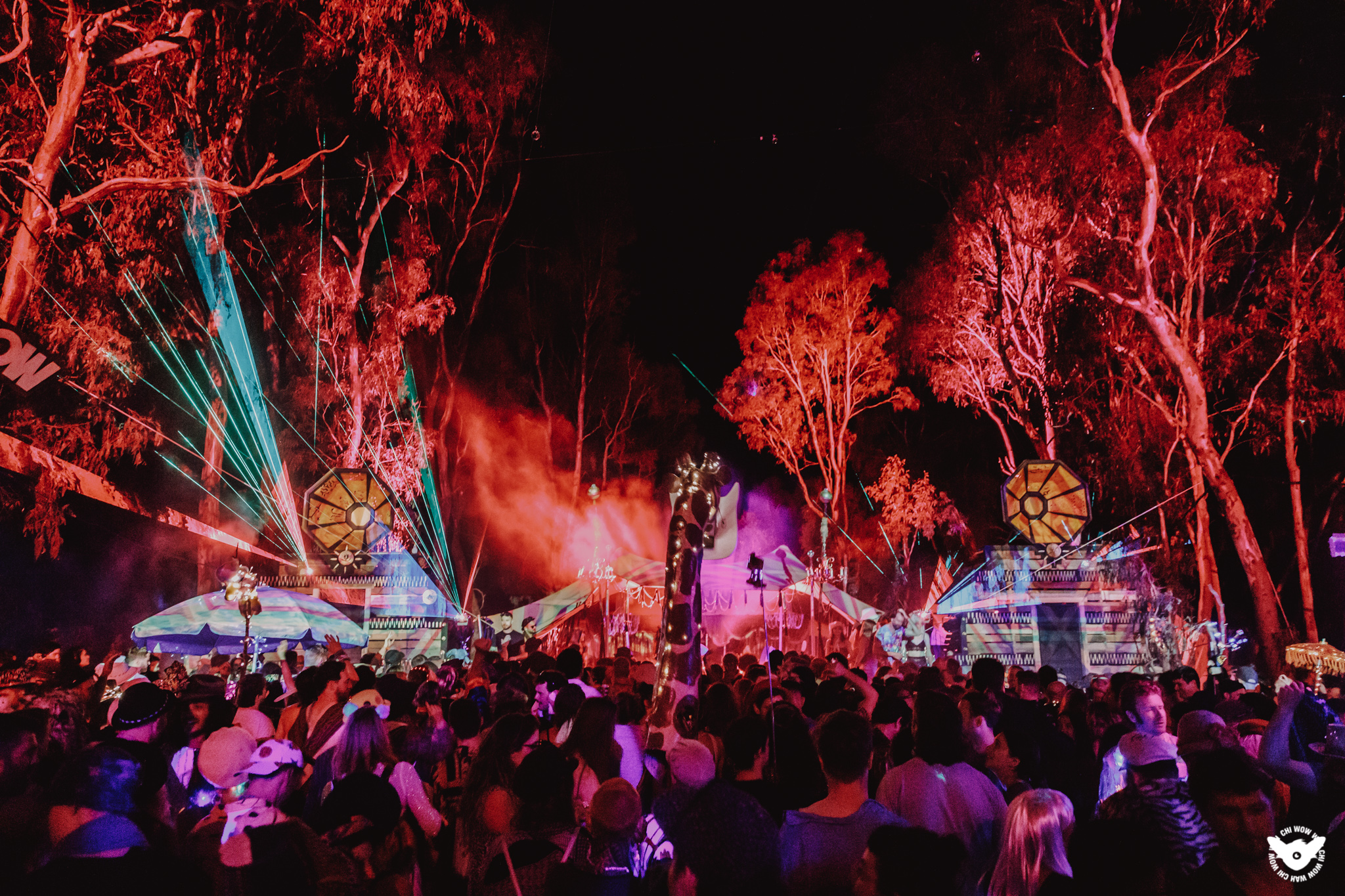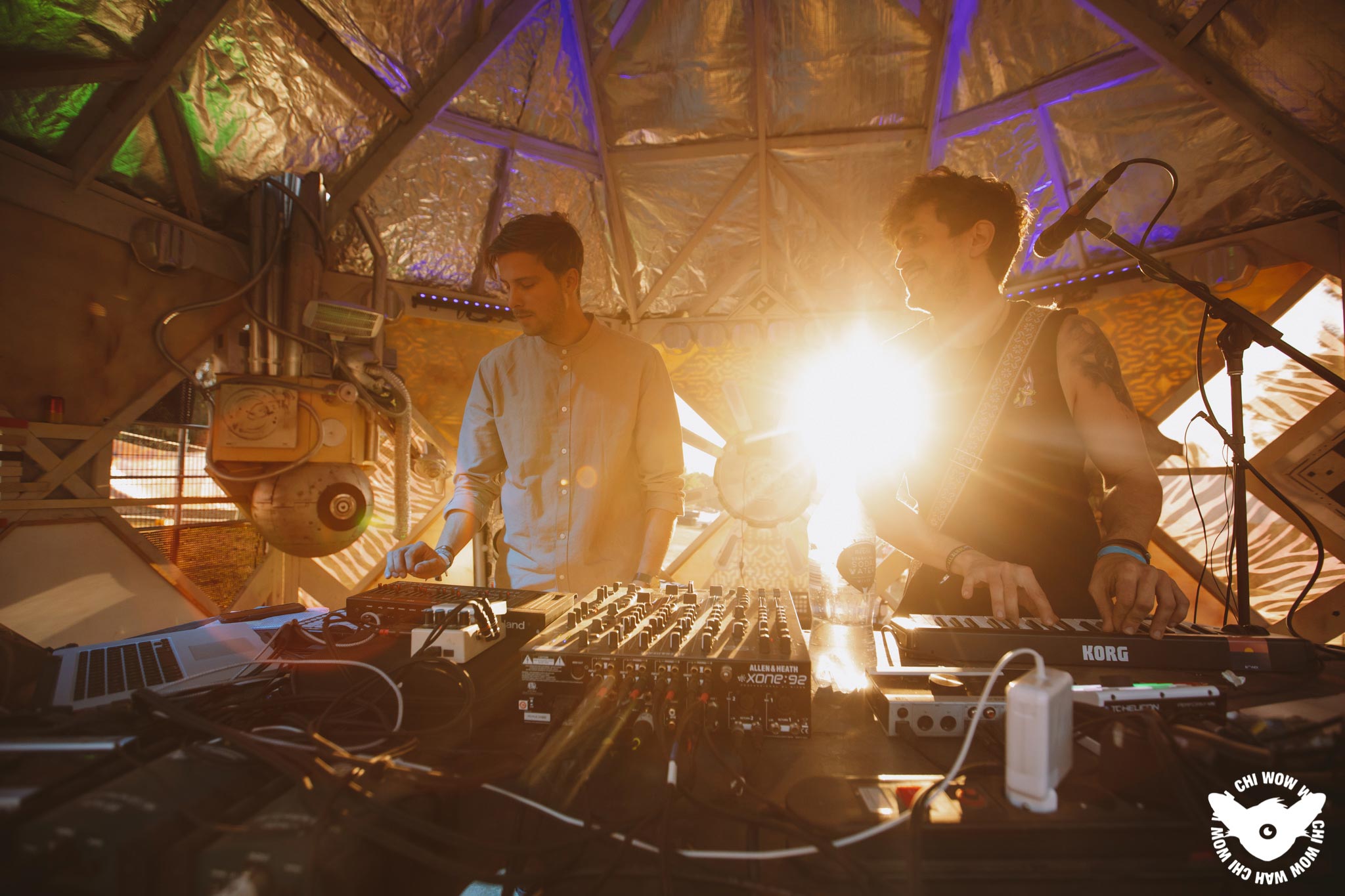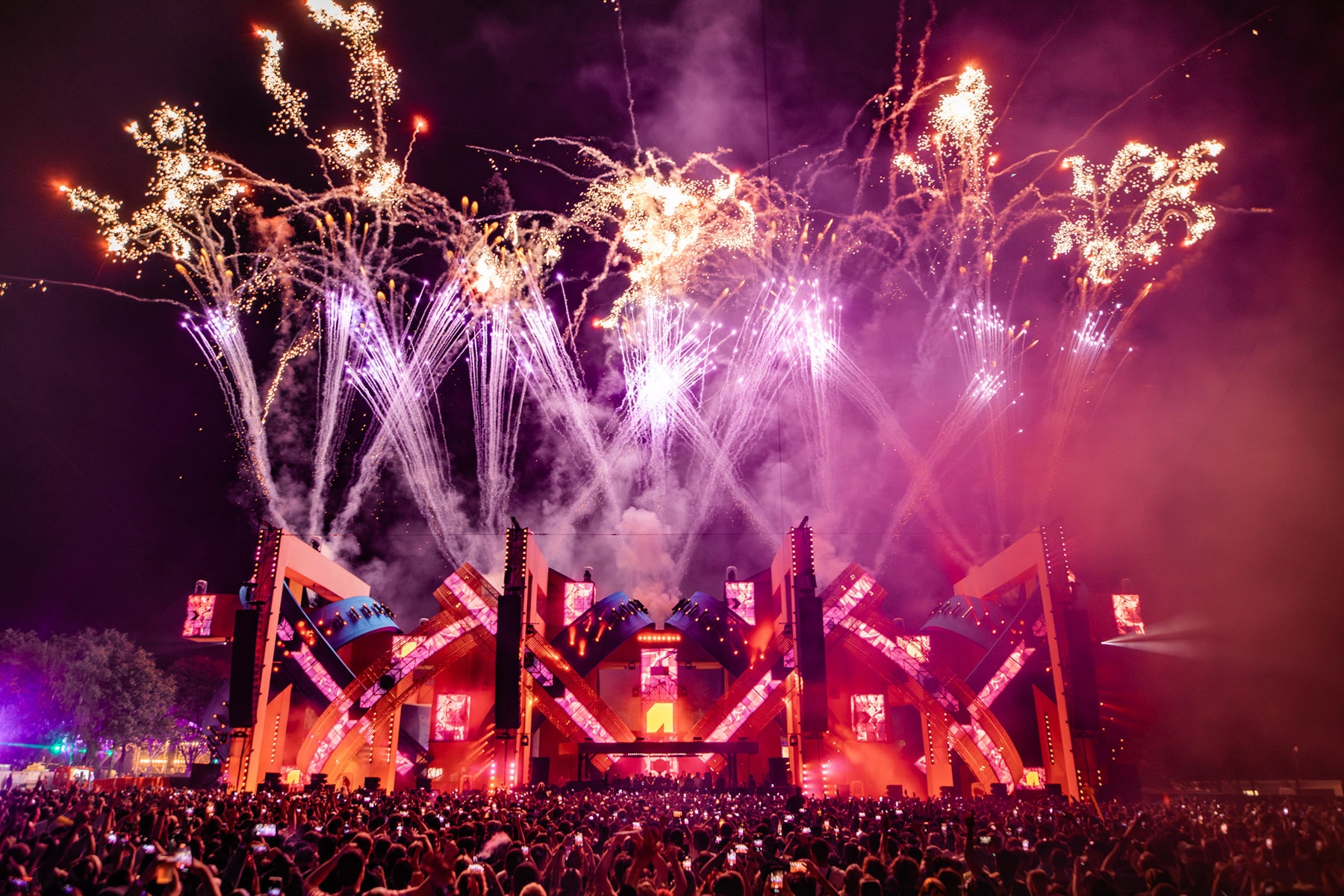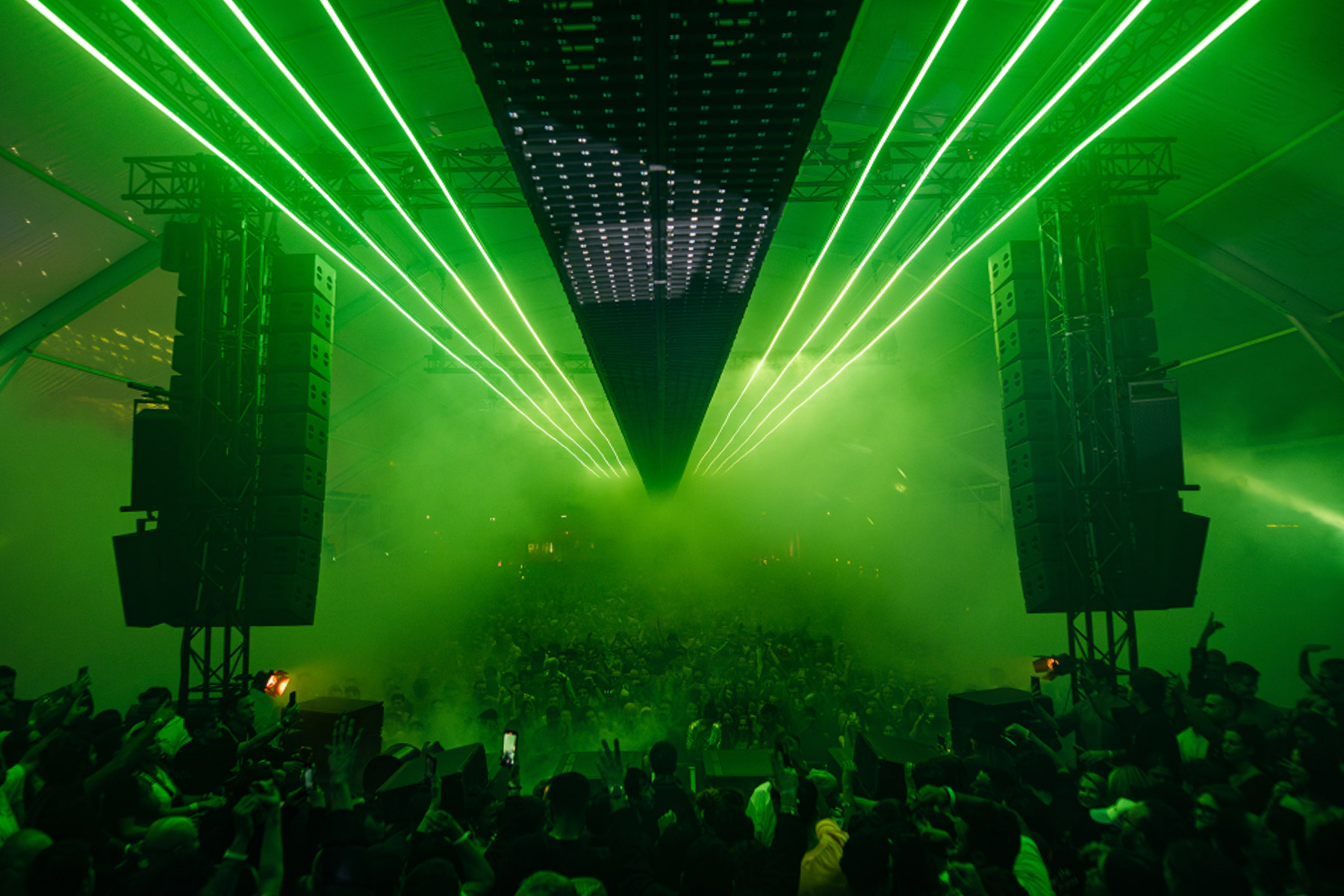Most of us have probably been to at least one. For many artists, they have been the first festivals that have taken a chance on them. They are the beating heart of our scene, deeply rooted in the DIY culture that drives our same industry, and without them, we’re just corporations and pre-recorded sets synced to a very expensive light rig. Independent festivals are an absolutely essential part of the infrastructure that supports the breeding grounds for the creatives of today and tomorrow.
Photo Credit: Maxime Bhm on Unsplash
Unfortunately, beneath the vibrant surface, there are troubling trends that are increasingly challenging the sustainability of these kinds of events. As we delve into the core of these issues, it becomes evident that the cost of living, exorbitant artist fees, and the changing dynamics of festival promotion are causing ripples that threaten our now fragile ecosystem.
It’s no secret that the cost of living in many parts of the world has reached astronomical heights. As the everyday expenses of our audience grow more burdensome, it becomes increasingly challenging for them to allocate a significant portion of their income to festival tickets. Electronic music festivals have long thrived on the passion of their dedicated fan base, but the strain of high living costs is making it harder for many to participate in the festivities.
Traditionally, festivals have relied on selling tickets well in advance to secure their financial stability. However, the current trend among ravers is to wait until the last moment to purchase tickets. This shift in buying behavior has made forecasting ticket sales and managing festival budgets a logistical nightmare. It’s a trend that’s fueled by the immediacy of social media, where everything is consumed in real time, and spontaneous decisions rule the day. And not only that, but due to the aforementioned financial state of many, they are poised with the question: “Do I attend many smaller, local events? Or do I go all-out on a big, international festival?”

The electronic music festival scene is no longer confined to rural independent gatherings either. “City Festival” type events are now in direct competition with multi-day getaways, offering a plethora of choices for festival-goers. For example, this increased competition has led to a saturation of the market in the UK, which, according to statistics from May 2022 provided by Resident Advisor, has grown by a staggering 66% since 2019. However, this surge in festivals comes despite the UK festival market being worth £600 million less than in 2019.
And while the magnetic pull of star-studded lineups is undeniable, success comes with a price tag. The exorbitant fees demanded by top-tier artists and headliners are driving up the cost of festival tickets to unprecedented levels. While we all appreciate the incredible talents of these artists, it’s crucial to strike a balance that ensures festivals remain accessible to a broader audience.
“The foremost challenge relates to the excessively inflated performance fees demanded by booking agents for their DJ and live acts. My personal connections with artists have revealed that they are often willing to be flexible with their performance fees, understanding the unique nature of smaller, independent festivals and the distinctive ethos and atmosphere they foster. However, the emergence of larger corporate-sponsored festivals with substantial budgets has led to agents significantly raising these fees, ultimately sidelining the prospects of independent festivals in securing such acts,” explains Ewan Scott, best known as the acclaimed artist Uone and founder of Australia’s CHI WOW WAH TOWN.
“My suggestion for agents & artists that are truly committed to a healthy music & festival industry for all is to take into consideration whether or not the festival/gig has sponsorship and base the artist performance fees on geographic location, capacity & ticket price. In the end, we are all in this together, the artist wants to perform for fans in different territories all over the world, and fans want to see their favorite artists at festivals. To address this, booking agents could potentially devise a dual-tiered fee structure, differentiating between a non-sponsorship fee and a sponsorship fee, thereby accommodating the unique circumstances of each event.” Ewan says.

Festival organizers often find themselves caught between a rock and a hard place. On one hand, artists demand higher fees, and on the other, independent events grapple with limited budgets for promotion, advertising, and media creation. In an era where social media dominates, not all festivals can afford the polished and chromed online presence that seems to be the norm.
A Miami independent festival promoter who requested to remain anonymous goes even beyond this sentiment: “During the COVID years, we saw our scene coming together, supporting each other on live streams, purchasing tickets to events in advance, and other things that really brought us back to a place of essentials. But as soon as the doors opened, we gradually let go of that unity, going back to business as usual, and people just started consuming the big names once again.”
Independent festivals have never been cash cows either. Profit margins typically hover in the single-figure percentage range, making them financially vulnerable. Even minor disruptions, like lower-than-expected ticket sales or increased expenses, can push festivals from profit to loss, jeopardizing their very existence.
Also, selling tickets to niche electronic music events has always been more challenging than their larger counterparts. The current level of market saturation exacerbates this issue, leading to supply chain problems and labor shortages, which further compound the difficulties faced by festival organizers.
While the electronic music festival scene continues to thrive and evolve, the industry must address these pressing challenges to ensure its longevity and sustainability. Balancing the demands of artists, the cost of living for attendees, and evolving promotional strategies will be essential in navigating the turbulent waters ahead.
By supporting independent festivals, we not only support the names of tomorrow but also foster the sense of collective that our very scene was founded on. It’s putting the unbridled essence of music ahead of its adulterated, sugar-laced version that relies on color-dyed visual additives, and it’s choosing to give back to our community.








